In the new autobiographical film, “The Tale,” which premieres on HBO on May 26, filmmaker Jennifer Fox reveals the sexual abuse she endured at the hands of her running coach and horseriding instructor at only 13 years old.
In a gripping meditation on the elusive nature of memory and the complexities of sexual abuse of youth athletes, “The Tale” is the first narrative feature film from Fox, the Sundance grand prize winner and Emmy-nominated writer-director whose documentary films have earned international acclaim.
Based on her own life story, “The Tale” sees Fox bravely pushing the boundaries of conventional storytelling, creating a dialogue between past and present to illustrate the interplay between memory and trauma.
The film stars Oscar nominee Laura Dern, Isabelle Nélisse (“Mama”), Elizabeth Debicki (“The Night Manager”), Jason Ritter (“Kevin (Probably) Saves the World”), Frances Conroy, and the late John Heard, along with Common (Oscar winner for “Selma”) and Oscar winner Ellen Burstyn.
At a recent screening at the HBO Studios in New York City, three women — all from different backgrounds — discussed how sexual assault had affected them and what being a survivor of sexual assault means to them now. With over 100 people in the room, the conversation was raw and honest, with the attendees asking questions and sharing their own stories.
Fox and two fellow panelists — Nancy-Hogshead Makar, a rape survivor and an Olympic gold medalist in swimming, and Elizabeth Blackney, also a rape survivor, and a board member of the nonprofit the Equality League — engaged in a heavy but hopeful conversation, rejecting the term “victim.”
Other survivors like Olympic champion in judo Kayla Harrison and speedskater Bridie Farrell have both used their platforms as athletes and survivors to raise awareness about sexual abuse.
Today, there’s a collective movement that’s allowing Fox, Hogshead-Makar, Blackney, and other courageous athletes to share stories in a space that feels safe and supportive. These safe spaces have given the survivors of sexual abuse an army that is backing them when they do come forward, such as the 156 gymnasts who read powerful victim impact testimonies against sexual abuser Larry Nassar earlier this year.
Now, at least 332 young women in total have come forward to share their #MeToo stories against Nassar — but that would have never happened without Rachael Denhollander, who first came out publicly with her story against Nassar.
That’s why we need more movies like “The Tale.” We need more stories that show abuse is complex, messy, and sometimes can go unnoticed even to ourselves and to one another.
“We want this film to change how we see sexual abuse and also how we see each other,” Fox said. “Despite the trauma, we survived.”
To learn more about the film visit www.thetalemovie.com. Photos by Kyle Kaplan/courtesy of HBO.















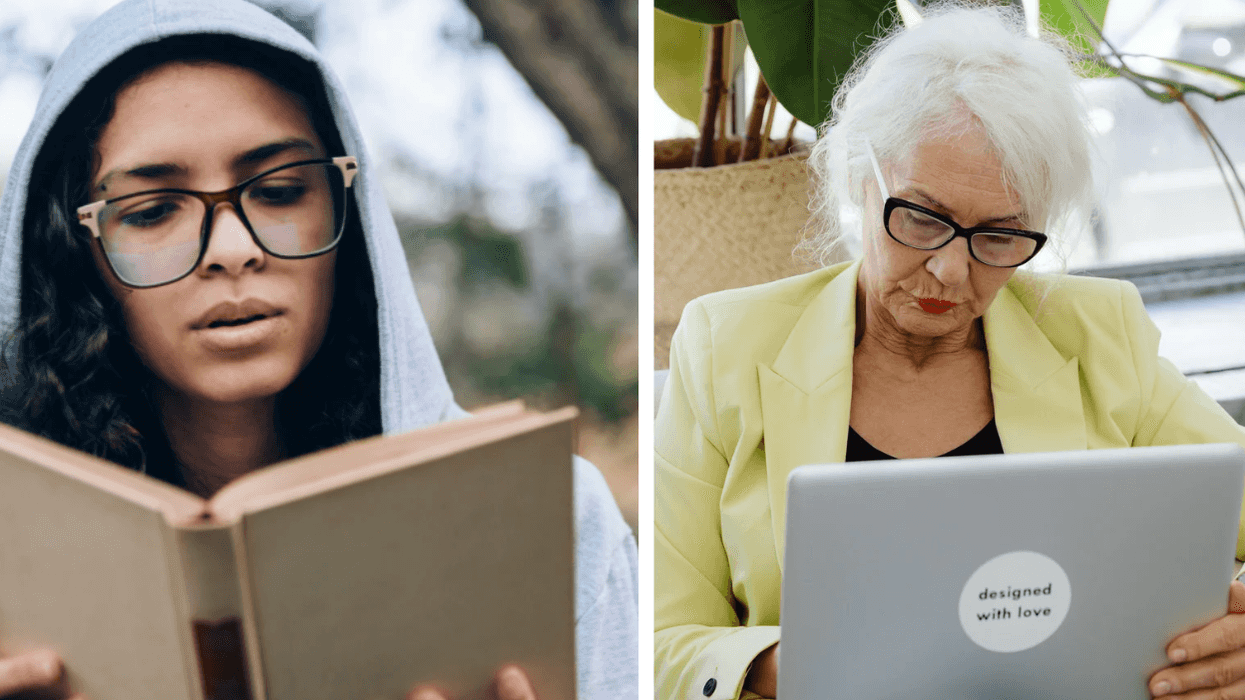

 A collection of toilet paper rollsCanva
A collection of toilet paper rollsCanva A bidet next to a toiletCanva
A bidet next to a toiletCanva A cute pig looks at the cameraCanva
A cute pig looks at the cameraCanva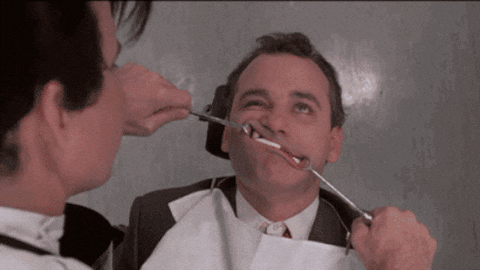 A gif of Bill Murray at the dentist via
A gif of Bill Murray at the dentist via  A woman scrolls on her phoneCanva
A woman scrolls on her phoneCanva
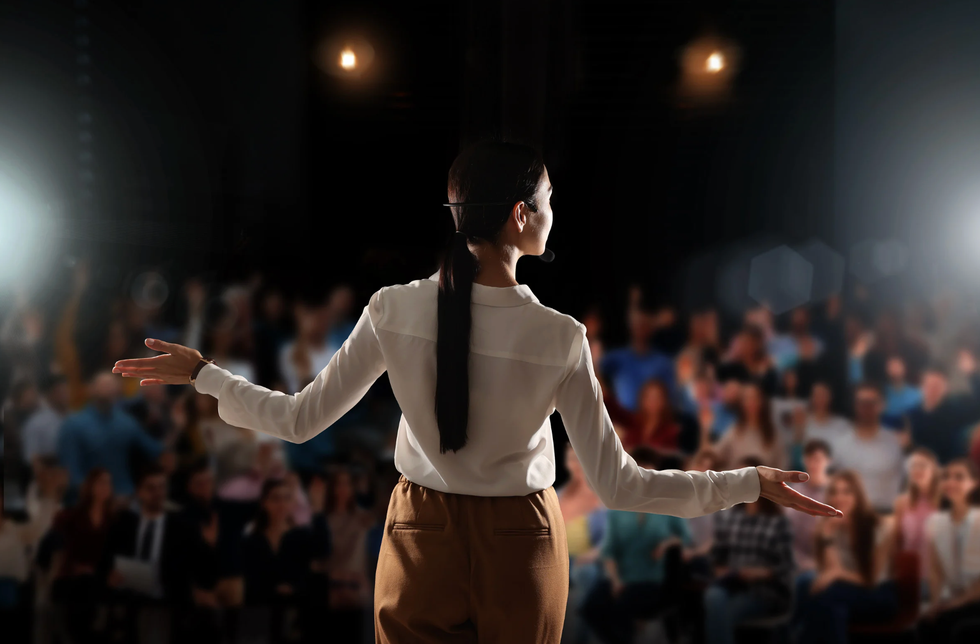 A confident woman gives a speech in front of a large crowdCanva
A confident woman gives a speech in front of a large crowdCanva
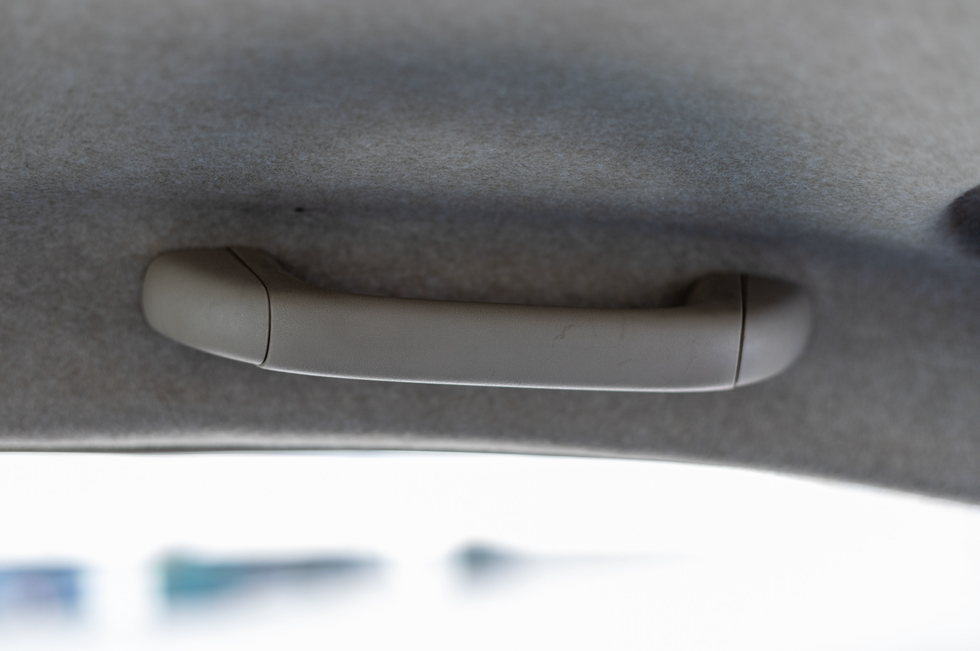 The 'weird' car ceiling handle above the windowCanva
The 'weird' car ceiling handle above the windowCanva A gif of a dog and cat screaming in a car via
A gif of a dog and cat screaming in a car via 

 Creativity and innovation are both likely to become increasingly important for young people entering the workplace, especially as AI continues to grow.
Creativity and innovation are both likely to become increasingly important for young people entering the workplace, especially as AI continues to grow.
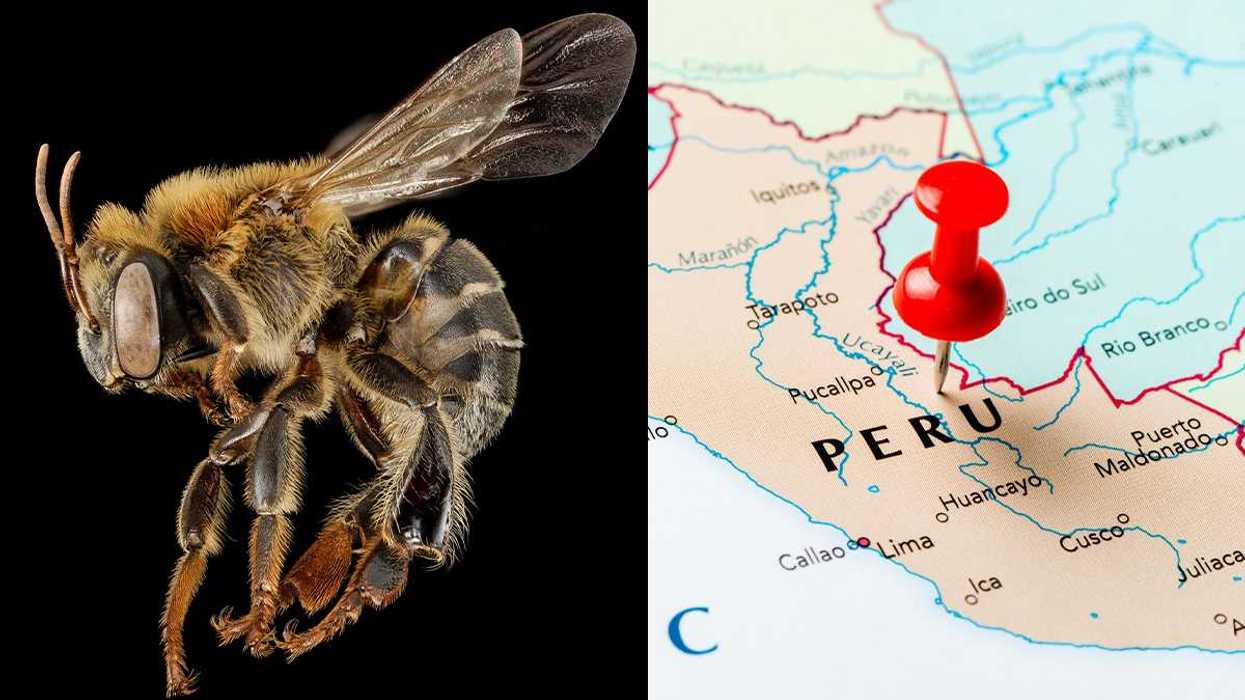
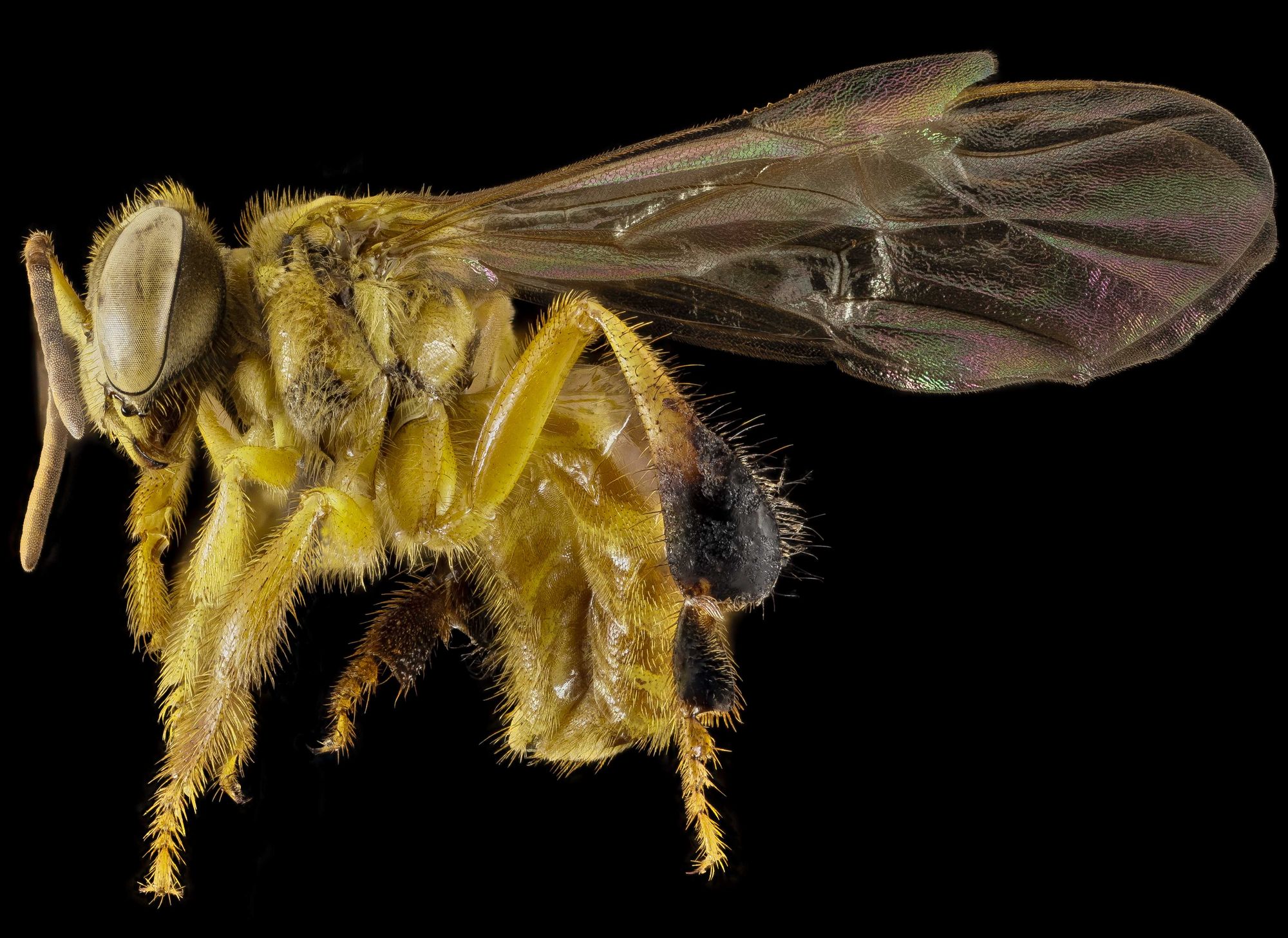 Peru stingless bee.USGS Bee Inventory and Monitoring Lab/
Peru stingless bee.USGS Bee Inventory and Monitoring Lab/  Indigenous Peruvian people.Photo credit
Indigenous Peruvian people.Photo credit